All Illnesses Come from the Mind
Gaius Caesar Germanicus ruled the Roman Empire briefly — from 37 to 41 AD. However, this short period was enough for him to go down in history as the most eccentric ruler of all time.Initially, the rise to power of 24-year-old Gaius was met with joy: his father was greatly loved by the people. At first, the new emperor showed his best side — he abolished censorship, pardoned political prisoners, reduced taxes, and compensated those who suffered from various misfortunes.
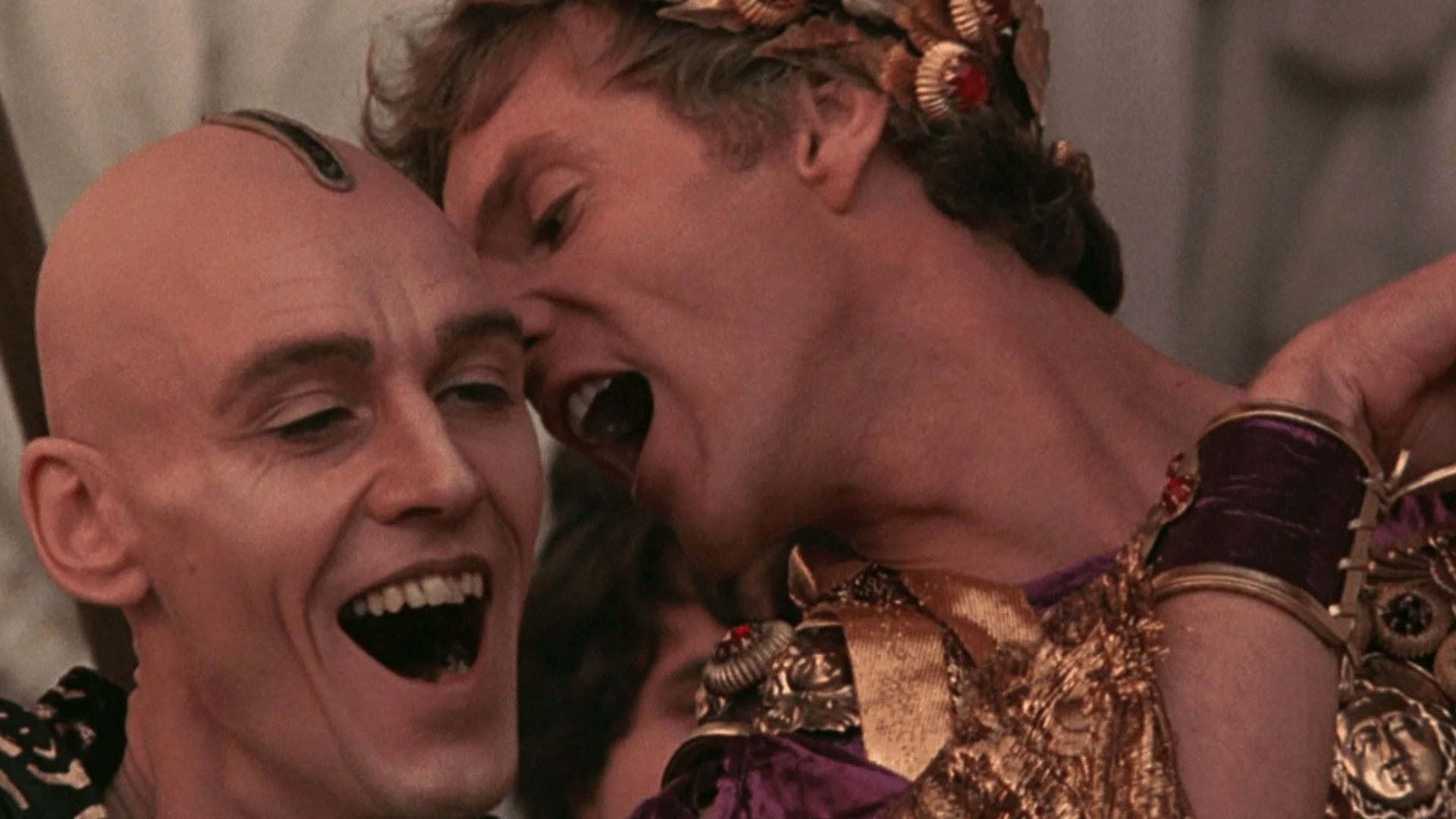
Most likely, the point of no return was a severe illness that struck the man eight months after the beginning of his reign. For almost a month, Gaius hovered between life and death. He managed to overcome the mysterious ailment, but its consequences could not be avoided. For the rest of his life, Caligula suffered from severe headaches, which gradually drove him mad and led him to truly strange actions.
Hedonist
Legends were told about Caligula's extravagance and his desire to surround himself with the most luxurious things. Seeking to add variety to his life, he invented new forms of entertainment daily: hosting lavish feasts with exotic dishes, dressing in women's clothing, and trying on wigs. The emperor was also known for his gourmet tastes, valuing culinary delicacies and demanding that his meals be served exclusively on gold plates.Like Scrooge McDuck from "DuckTales," Gaius loved taking "golden baths." However, it is worth clarifying: the monarch did not actually dive into coins as his followers imagined, but surrounded himself with oatmeal—the grains shimmered golden in the sunlight. Considering the famine in the Roman Empire at the time, bathing in oatmeal was a real sacrilege. Nevertheless, coin-related entertainments also had a place in Caligula's schedule: sometimes, he scattered gold coins and walked over them barefoot with pleasure.
With pearls, things were even more interesting. The emperor dissolved pearls in vinegar and then added this caustic mixture to wine. Caligula believed that this cocktail held the secret to youth and energy.
Torture by Dance
The Emperor could easily summon senators for an urgent meeting in the middle of the night to showcase his… dance skills. However, this reason for a meeting was not the worst. Caligula's subordinates felt relieved, knowing that Gaius was in a good mood, and this time there would be no public punishments or executions.Party King
One of Caligula's most extravagant entertainments involved ships. Galleys with ten rows of oars, a stern inlaid with pearls and gemstones, and purple silk sails were true floating villas, similar to modern luxury yachts. They featured sanctuaries, numerous salons, baths, and galleries.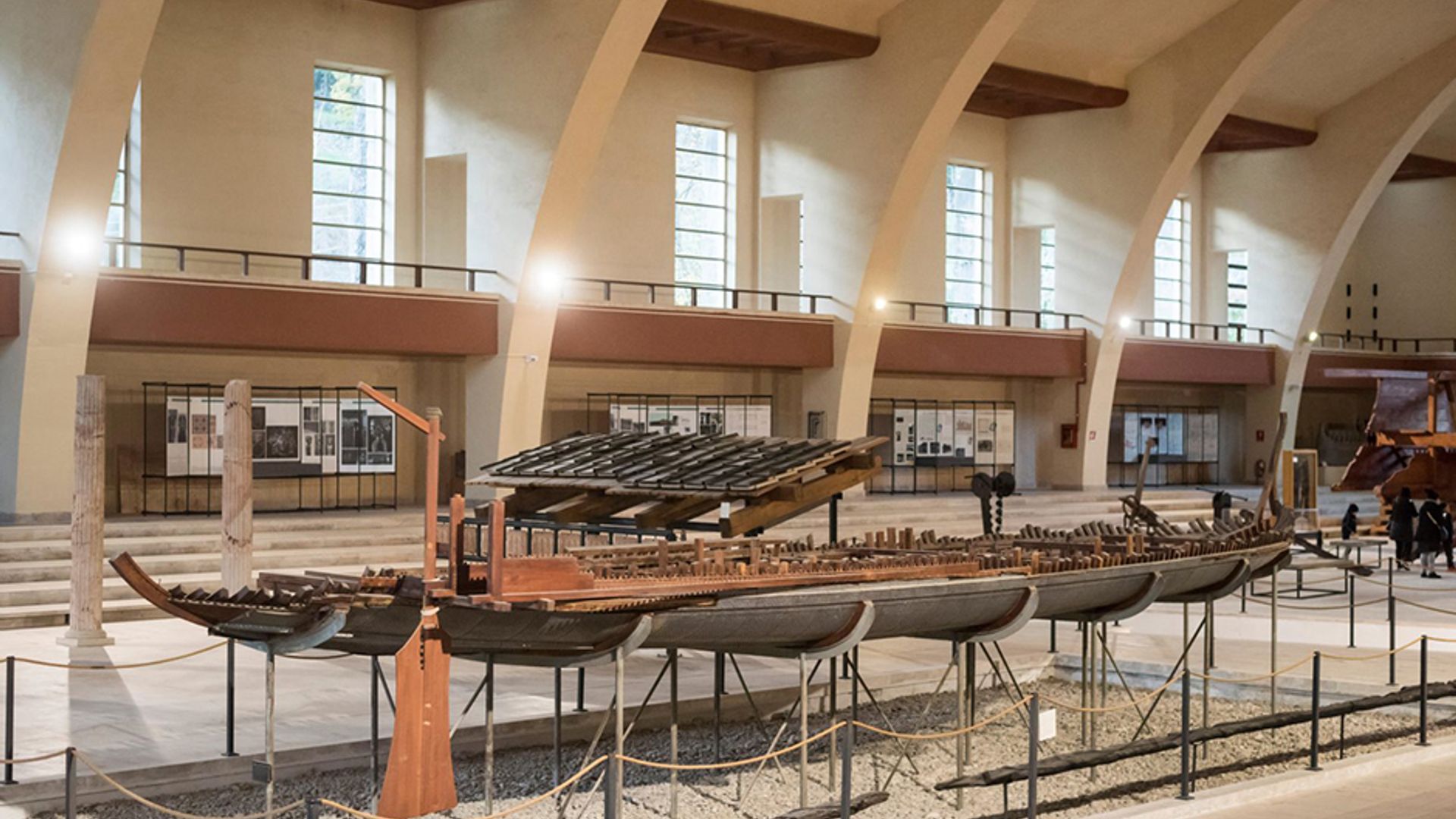
They launched the galleys on Lake Nemi, a sacred place for ancient Romans. In the 1920s, Italian dictator Benito Mussolini ordered the lake to be drained to find the sunken historical ships. They found only two vessels, along with statues and decorations from them, which became museum exhibits. Unfortunately, valuable artifacts were destroyed during World War II.
A Silly Name
Germanicus hated his nickname. He got the name Caligula, meaning "little boots," in childhood because he loved dressing up in legionnaire outfits, and the tiny soldier boots were the funniest part of his attire.Apparently, he didn't like his real name either. During his reign, all documents referred to him as "Jupiter." He chose a truly intimidating nickname: in ancient Roman mythology, Jupiter is the god of the sky, the father of all gods, and the chief deity of the Romans. The emperor's cult of personality reached extreme levels when he ordered statues of Jupiter to have their heads replaced with his own likeness.
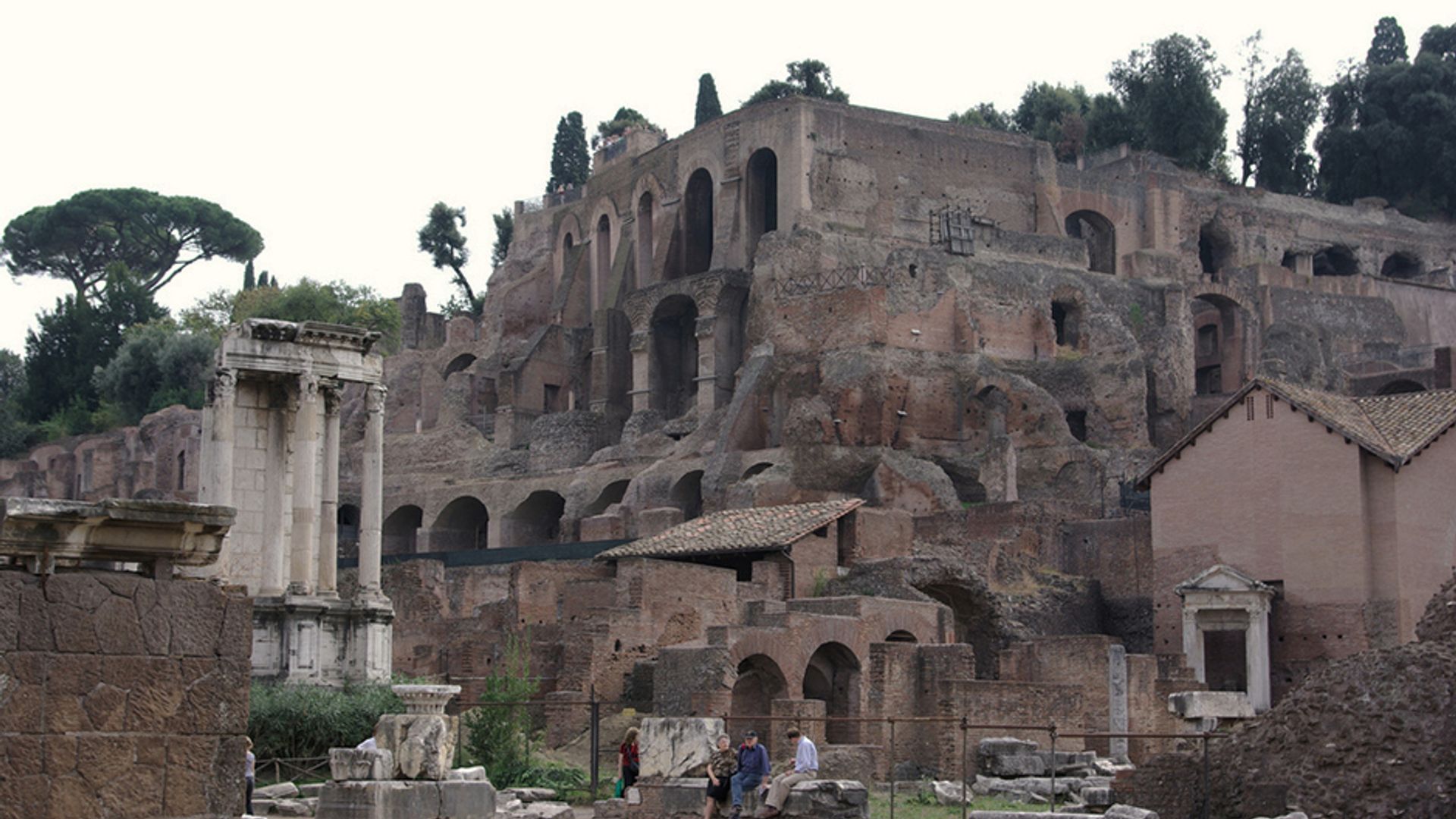
The Best for the Horse
Germanicus valued his horse much more than any person, including close relatives. The pedigree pet was gifted to the ruler and bore the proud name Incitatus.For the horse to rest peacefully, the entire district where the stable was located had to maintain silence after sunset. Moreover, almost no imperial dinner went by without inviting the steed as an honored guest. It is said that Incitatus was even trained to drink wine at the table. Stories about the luxurious conditions of the horse's upkeep spread so much that poor Romans began to rummage through its manure; rumors had it that pure gold was part of the pet's diet.
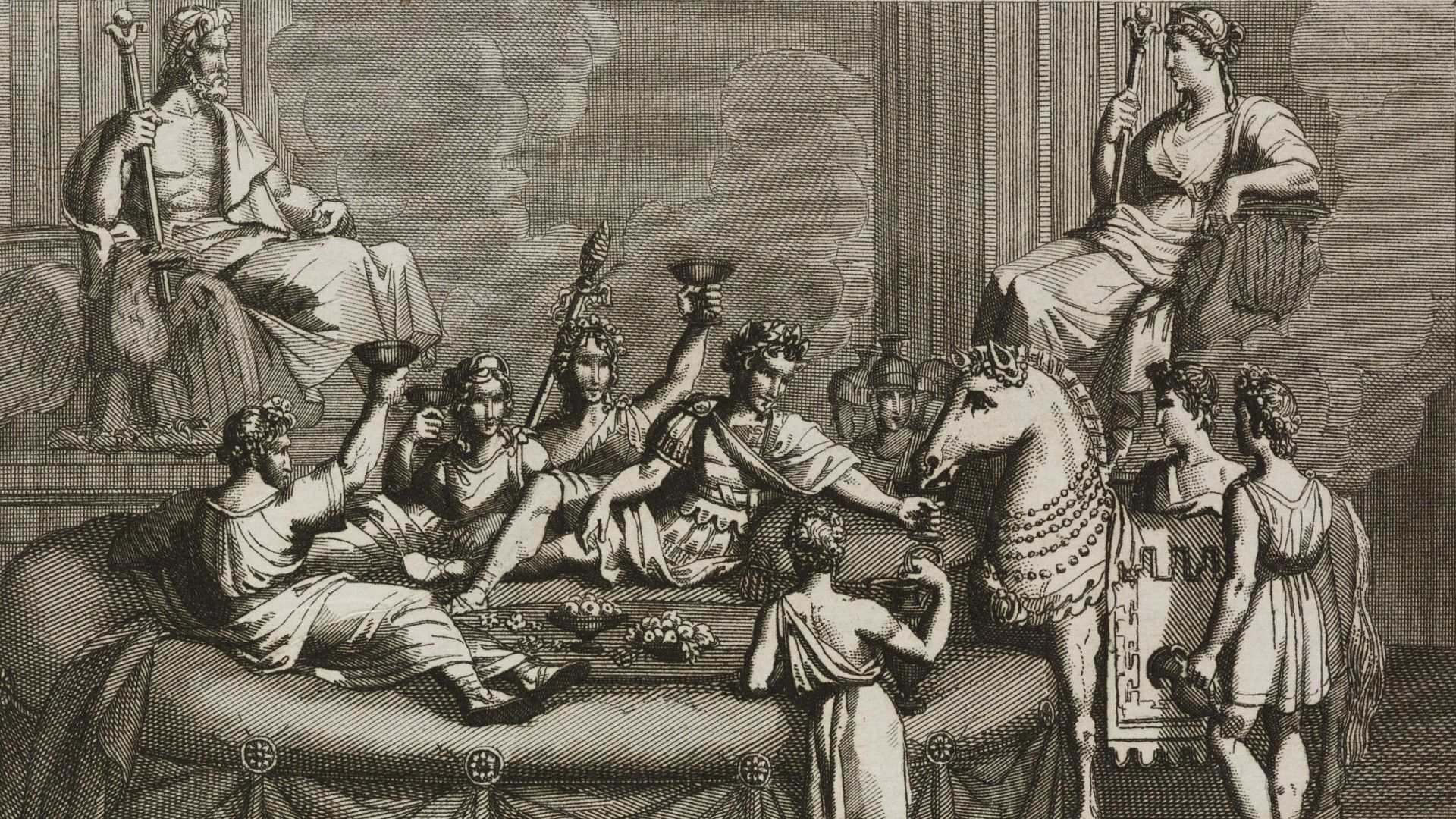
Hair as a Cause for Distress
Nature played a cruel joke on the eccentric ruler—by the age of 20, he began losing his hair, and by 27, baldness became obvious. Since the technology of that time couldn't solve this problem, the emperor decided to act radically. He forbade those around him, under threat of punishment, from staring at his thinning crown to avoid experiencing unpleasant emotions.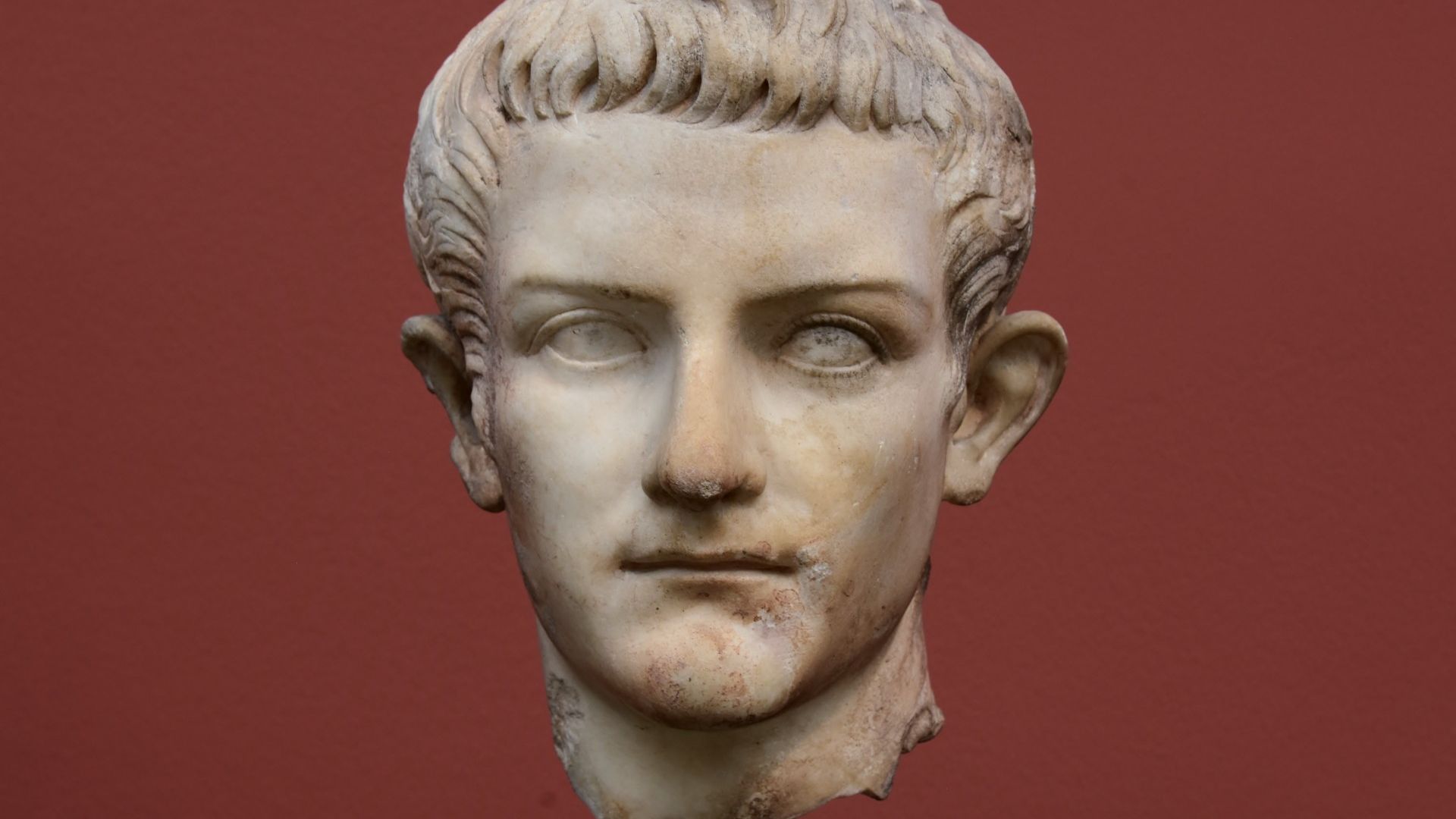
He was of tall stature, very pale complexion, heavy body, very thin neck and legs, sunken eyes and temples, broad and frowning forehead, sparse hair on his head, but thick hair on his body. Therefore, it was considered a mortal crime to look down on him when he passed by, described the monarch his biographer Suetonius.
At the same time, the monarch demanded not to focus on the hair on his arms, legs, and chest. In Rome, body hair was frowned upon, and the existing depilation methods were extremely painful.
The Moon Bride
In Roman beliefs, the Moon was a wondrous night deity who replaced her daytime brother. One day, an agitated Caligula ordered preparations for his wedding with the goddess Moon. Historical sources differ on whether the wedding actually took place. Perhaps, when he sobered up after a night of revelry, he canceled the dubious event.Roman Bullying
In the art of mocking others, Gaius had no equal. For example, Caligula deliberately ordered to write decrees in small print and post them very high, so people couldn't read them. As a result, unfortunate citizens broke new laws without even knowing they existed.Caligula himself loved to step into the arena—he often participated in chariot races. Once, the monarch decided to try his hand as a gladiator. Naturally, this involved a bit of trickery. The emperor's opponent was given a wooden knife and asked to pretend to be defeated in the midst of the fight. When the opponent obeyed, Germanicus struck him with a real dagger and then triumphantly paraded around the stadium, holding a victory palm branch.During festivals and games held in the amphitheater, the monarch demanded the removal of all awnings so that people would suffer from the heat. He also forbade leaving the seats until the event ended, enjoying watching people suffer from the heat and faint.
The End of Torment
It took Roman senators and nobles nearly four years to unite against the despised ruler. On January 24, 41 AD, the conspirators attacked Germanicus on his way to the baths and inflicted over 30 sword wounds. Officer Cassius Chaerea led the operation and was the first to stab the unsuspecting emperor.Perhaps Chaerea spared Caligula from further suffering: as we remember, Germanicus suffered from headaches after his illness. But what we can say for sure is that Chaerea freed the entire Roman people from torment.





-
Dorothy Hall
2024-09-24 14:05:47
1